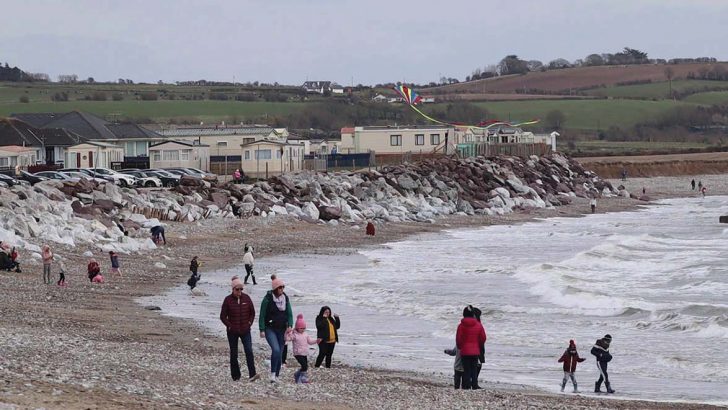Notebook
I spent four days on retreat last month. I wasn’t alone. The retreat was organised by our diocese (Cork and Ross) and most of us who were able went along.
Our retreat took place outside the diocese, so we had to cancel weekday Masses in our 68 parishes. This wasn’t universally popular; it seems some people have gotten quite addicted to ‘their’ daily Mass. Sometimes it seems that perspective can be lost and the greater good forgotten.
The greater good in this case was not just our spiritual renewal (though it did help with that), but the restoration of the fraternity between us as diocesan priests. In the pandemic, it seemed we were very much left to our own devices, to sink or swim as best we could. Most of us coped well enough with this, but the loss was of our reliance on and friendship towards each other — which our retreat went a long way towards restoring.
Fortunate
We were fortunate to have a group of religious and other priests who stood in for us in ministering to families at the funerals that occurred while we were away. This too annoyed some people — they were hurt that ‘their’ priest was missing at such a sensitive time and that the funeral of a loved one was left to a stranger. Priests are supposed to be all things to all people, 24 hours a day, seven days a week, but not even the Lord managed that. And while people theoretically support rest-times for priests, when these times coincide with times of need in their lives, their understanding can be diminished.
The incident in the Gospel that comes to mind was that frenzied scene in Mark’s gospel where Jesus noticed his disciples were overwhelmed (Mark 6:31). They didn’t even have time to eat. His response to this human emergency was not to urge them to even greater heights, but to “come away and rest awhile” — a bit like what we Cork and Ross priests did for those four days in Garryvoe.
Retreat
We were very fortunate in our retreat giver, Hugh Lagan SMA. His reflections were very much of the post-Covid world and Church, a place we are all struggling to get used to. Just one phrase stuck with me: “The pandemic did not change us: it revealed us”.
It’s true, I think: so much of what has changed in the pandemic was happening anyway, but this enormous break has drawn everything into sharper focus.
We were fortunate that our retreat-giver also took our very human needs into account. His early announcement that it would not be a silent retreat was welcome (‘What priests’ retreat ever was?’, commented the wags). And his use of Powerpoint to illustrate his words meant sleep during talks became impossible, even among those most in need of it. A snore-free retreat is rare, and this was one such. Going home spiritually and physically refreshed, and with our fraternity restored, was a good result from four days by the sea.
Parishioners revealed during pandemic
“The pandemic did not change us: it revealed us” – this phrase from my recent retreat is reflected in the parish where I minister:
- The people who were going to Mass out of convention have broken the habit and haven’t come back.
- The people who were devoted to the Mass are more devoted than ever, and keener to become involved than ever.
- The central role of funerals, First Communion and Confirmations has been proven.
- We have lost a generation of people — through illness, death and increasing debilitation.
More about this anon. What do you think?
Limiting meetings drastically
I wrote some months ago about those meetings that go on forever. We have all been there: meetings where the chairperson has obviously lost the will to live, and the participants soon share the sentiment. My musings brought a wise word from the midlands, where my correspondent knew a priest who limited meetings drastically. He avoided them if possible, and when forced to have meetings, limited them to half an hour, and no more. The result, she wrote, was a group of parishioners who were happy to be consulted and happy to get home. There may be something in that!



